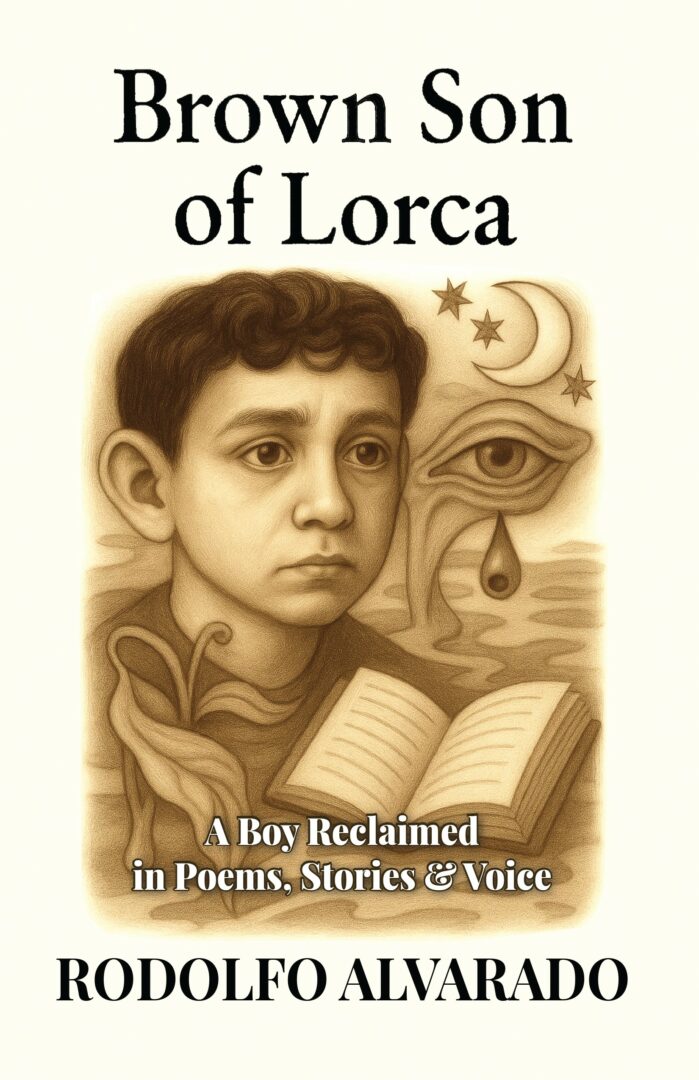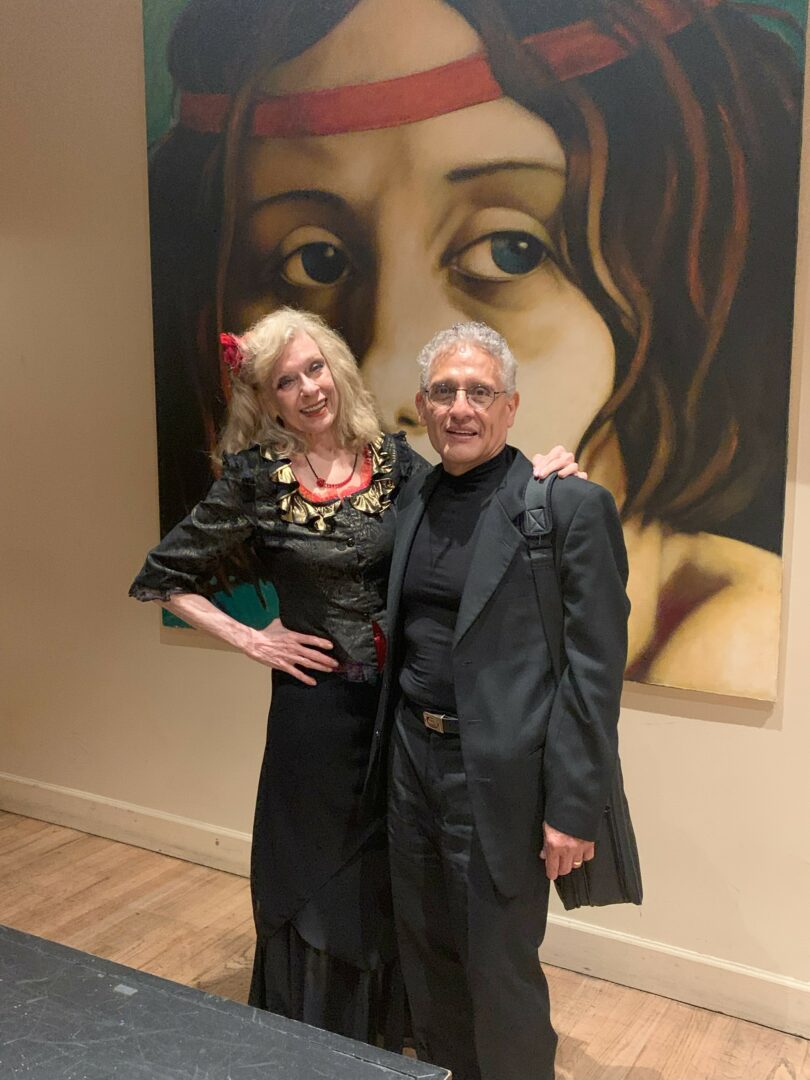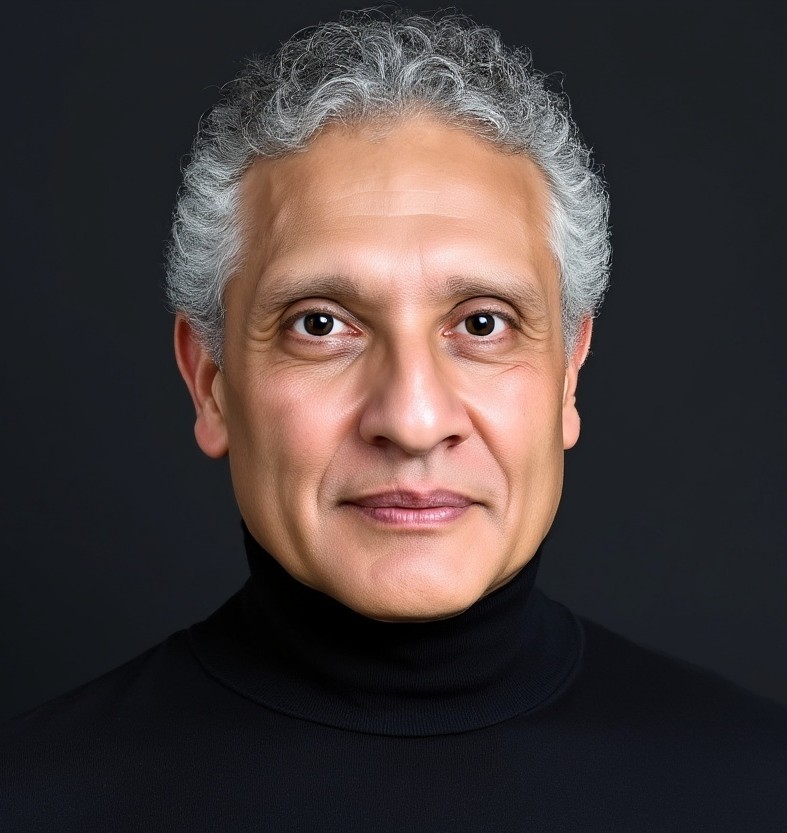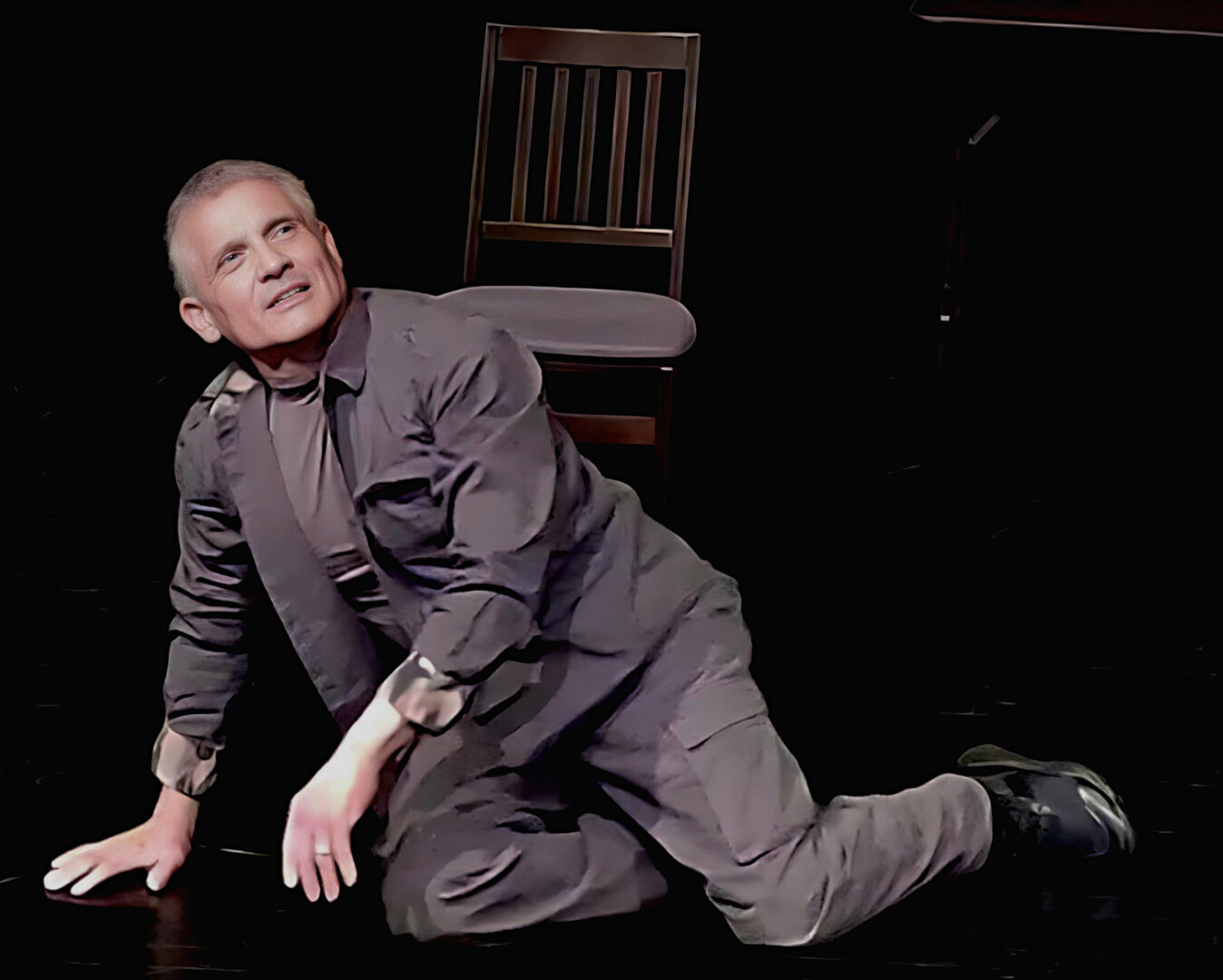We recently connected with Rodolfo Alvarado and have shared our conversation below.
Rodolfo, so good to have you with us today. We’ve got so much planned, so let’s jump right into it. We live in such a diverse world, and in many ways the world is getting better and more understanding but it’s far from perfect. There are so many times where folks find themselves in rooms or situations where they are the only ones that look like them – that might mean being the only woman of color in the room or the only person who grew up in a certain environment etc. Can you talk to us about how you’ve managed to thrive even in situations where you were the only one in the room?
For me, being “the only one in the room” has always carried a layered meaning. On the surface, yes, it meant being the only Latino, the only Mexican American, the only person who looked like me in academic or artistic spaces. But underneath that was something more complicated—I often felt more uncomfortable in a room full of people who did look like me, because my Spanish was limited. That’s not something I chose. My mother, with the best intentions, stripped Spanish and much of our cultural expression from me when I was young. She wanted me to be a “good American,” and thought the way to protect me was to make sure I fit in, spoke perfect English, and did not carry the stigma she herself experienced as a Spanish speaker.
That decision left me in between worlds—not fully at home in Anglo spaces, and not fully at home in Latino spaces. For years, I carried shame about that. I found myself trying to prove my worth by working harder, by producing more, by letting my work speak for me when language could not. I leaned on my voice in writing and storytelling to carve a place for myself.
What I’ve learned is that being “the only one” forces you to do two things at once: to represent, and to resist. You represent your community, whether you asked to or not. And you resist invisibility by insisting on being present, by speaking, by creating, by showing up again and again.
Over time, I turned what once felt like a deficit into a strength. My mother’s choice may have taken Spanish from me, but it also gave me the determination to reclaim voice, memory, and identity in my own way. That’s why my recent book is titled Brown Son of Lorca: A Boy Reclaimed in Poems, Stories & Voice. It’s about that very journey—reclaiming what was buried, learning to be at peace with my in-between spaces, and using them as fuel for my art.
So when I’m the only one in the room, I don’t try to blend in anymore. I’ve learned to lean into what sets me apart. I remind myself that my presence is not an accident—it’s the result of persistence, of honoring those who came before me, and of refusing to let silence have the last word.

Thanks, so before we move on maybe you can share a bit more about yourself?
I am a writer, playwright, and performer whose work spans poetry, history, theatre, and storytelling. My latest book, Brown Son of Lorca: A Boy Reclaimed in Poems, Stories & Voice, was released this summer, and it speaks to my lifelong journey of reclaiming voice, memory, and identity after growing up in a household where Spanish and much of my cultural expression were taken from me. Just weeks ago, I had the honor of performing selections from the book in New York City as part of Deconstructing Lorca, a tribute to Federico García Lorca hosted by Alicia Kaplan and Danisarte. To share my words alongside Lorca’s legacy—and to see the way audiences connected to themes of loss, reclamation, and voice—was deeply moving and affirming.
I also write for the stage. My most recent play, Undesirable Secrets, tells the true story of Anthony C. Acevedo, a Mexican American medic in WWII who became the first Mexican American registered as a Holocaust survivor. The piece is both historical and deeply personal, touching on themes of silence, secrets, and survival. I will perform Undesirable Secrets in New York City this August, and it will have its Off-Broadway premiere in November at Theatre Row as part of the United Solo Festival. Performing Anthony’s story is both a responsibility and a gift—it allows me to carry forward a forgotten history and honor his voice.
What excites me most about my work is the chance to bring overlooked or silenced stories to light. Whether through poetry, theatre, or historical writing, my focus is always on giving voice to those who have been erased or unheard. I believe art has the power to heal, to bridge divides, and to remind us of our shared humanity. That’s what I hope my audiences and readers feel when they encounter my work—that the personal and the political, the intimate and the historical, are deeply intertwined.

Looking back, what do you think were the three qualities, skills, or areas of knowledge that were most impactful in your journey? What advice do you have for folks who are early in their journey in terms of how they can best develop or improve on these?
Looking back, three qualities have been most impactful in my journey: a strong work ethic, the ability to plan, and an unwavering passion for what I do. Writing and performing are not easy paths—they require hours of solitude, endless revision, and often a resilience in the face of rejection. My work ethic kept me moving forward when doors closed, when projects stalled, when doubt crept in. Planning gave shape to my vision and turned what might have been just ideas into books, plays, and performances that audiences could experience. And passion—the belief that the stories I carry matter—has been the fire that keeps me finishing what I start.
My advice to those beginning their own journeys is simple: have a purpose in your work. Purpose is what will catapult you forward when the path gets hard. Be brave, and don’t let anyone tell you that you can’t. Don’t waste time thinking, “I’ll write that tomorrow,” or “I’ll start when I’m ready.” Start today. Time is fleeting, and sooner or later you realize it. If you have a story to tell, an idea to bring to life, a song to sing—begin now. The work may not be perfect at first, but the act of beginning is what separates those who only dream from those who create.
In the end, it’s about persistence and courage. If you combine a strong work ethic with careful planning and a passionate heart, you will not only move forward—you’ll leave something meaningful behind.

How would you spend the next decade if you somehow knew that it was your last?
If I knew I only had a decade left, I would spend it doing two things: telling the stories I know I must tell, and being fully present with the people I love. There are projects inside me—like Brown Son of Lorca and Undesirable Secrets—that carry history, memory, and voices that deserve to be heard. I would dedicate myself to finishing those works, because art is both expression and legacy.
At the same time, I would give as much of myself as I could to my family and my friends. I would cherish every moment with my beautiful wife, continue to support my children as they build their own lives, and stand beside friends the way they’ve stood beside me. My journey has always been about more than just my own path—it’s been about helping others forward, in whatever way I can.
For me, a decade lived with purpose in my work and love in my relationships would be more than enough—it would be a life complete.
Contact Info:
- Website: https://www.rodolfoalvarado.com
- Instagram: https://www.instagram.com/rodolfovalalvarado/
- Facebook: https://www.facebook.com/rudolph.alvarado.9
- Linkedin: https://www.linkedin.com/in/rodolfo-alvarado-a4131b262/
- Twitter: https://x.com/RodolfoAuthor

so if you or someone you know deserves recognition please let us know here.




